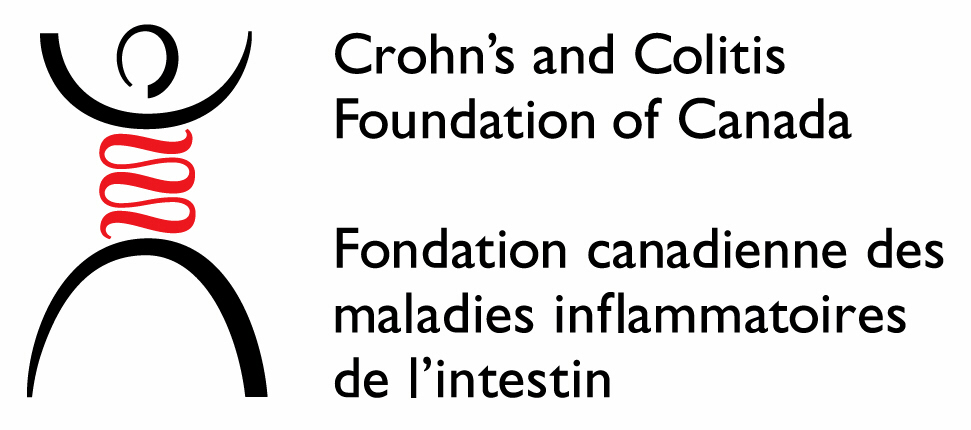 The Canadian organization Crohn’s and Colitis Canada announced that in 2014 alone they have already invested $3.4 million to support nine innovative research projects committed to finding the cure for Crohn’s disease and ulcerative colitis, two debilitating chronic inflammatory bowel diseases.
The Canadian organization Crohn’s and Colitis Canada announced that in 2014 alone they have already invested $3.4 million to support nine innovative research projects committed to finding the cure for Crohn’s disease and ulcerative colitis, two debilitating chronic inflammatory bowel diseases.
All of the nine projects are currently being developed across Canada and studying the genetic and environmental causes of the diseases in order to improve the understanding and potential treatment of symptoms and develop innovations to improve patient care and quality of life. Crohn’s and Colitis Canada helps the finest scientific minds find new approaches and treatments for the diseases by funding progressive and innovative projects.
“Crohn’s and Colitis Canada is proud to fund and inspire the most promising research” said the Chief Executive Officer at Crohn’s and Colitis Canada, Lindee David. “Our research investments are improving the lives of people affected by Crohn’s and colitis, moving us forward to ultimately finding cures.”
“Repairing damage to the intestinal lining is a key step to resolving inflammation in the gut. Our proposed studies will identify pathways that may be targets for new therapies to enhance healing in IBD patients,” said Dr. Wallace MacNaughton, Professor and Head, Department of Physiology and Pharmacology, Cumming School of Medicine, University of Calgary, and a 2014 grant recipient.
The competitive granting process assigns funding applications to an independent peer review panel of scientific experts and lay reviewers who evaluate the applications according to scientific merit, relevancy, and potential impact on Crohn’s and colitis patients.
“The Grant Review Committee is dedicated to selecting excellent research that also addresses the needs of both patients and the Crohn’s and colitis community as a whole,” explained one of the Grant Review Committee lay members, Marla Rosen, who is also the mother of a child with Crohn’s.
Although Crohn’s and Colitis Canada has been working since 1974, the organization is specifically concerned about the recent rise of the diseases’ incidences, particularly since 2001 and among children. Canada is one of the countries with the highest prevalence and incidence of Crohn’s disease and ulcerative colitis. The lifelong diseases can cause pain, urgent bathroom visits, hospital stays, and multiple surgeries, and can affect academic success, careers, and relationships in children and adults alike.
“The rate of childhood-onset IBD is rising rapidly in Canada. Using population-based health databases from 5 provinces, researchers from the Canadian Gastro-Intestinal Epidemiology Consortium (CanGIEC) will determine the burden placed by childhood-onset IBD on Canada’s health system,” explained 2014 grant recipient Dr. Eric Benchimol, Principal Investigator, Children’s Hospital of Eastern Ontario Research Institute, Assistant Professor, Faculty of Medicine, University of Ottawa.
The investigators will measure the amount of variation in the health care provided, including differences in wait-times, surgical rates, hospitalization rates, and investigations to determine whether it is associated with differences in outcomes of these children. By doing so, this project will focus attention on how we could improve the care provided, in order to improve the lives of our most vulnerable patients with IBD,” he added.

